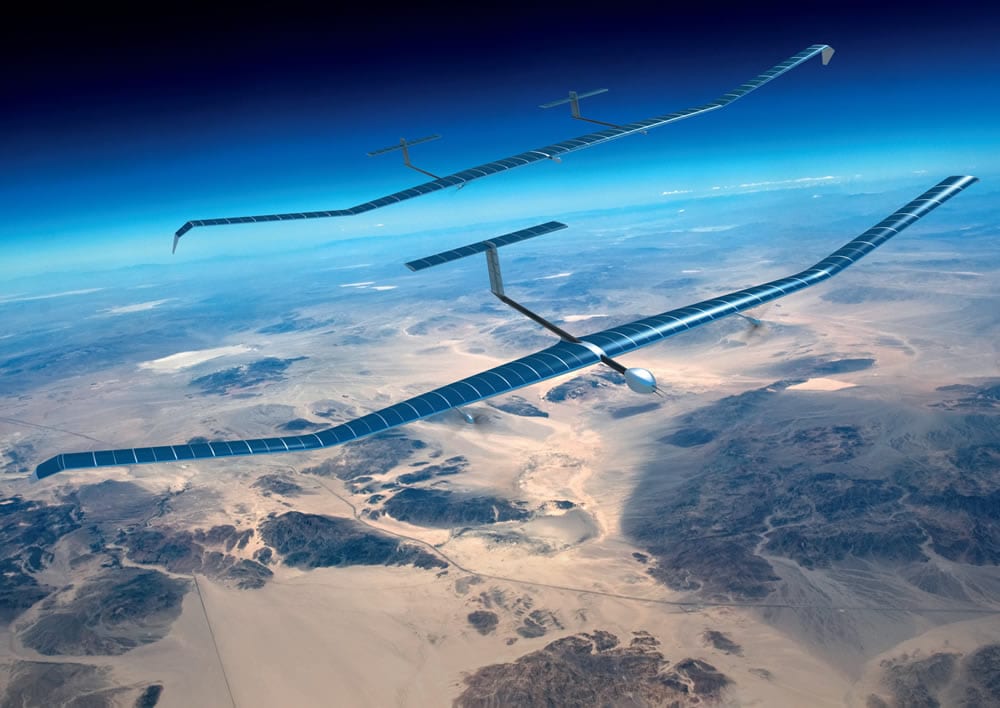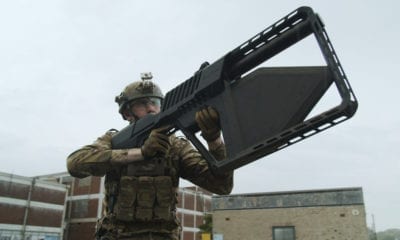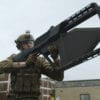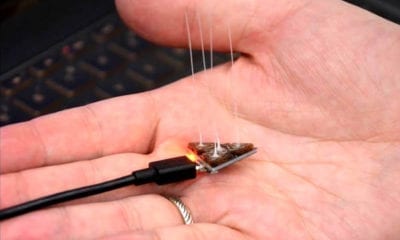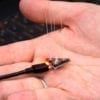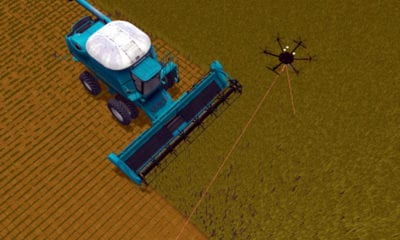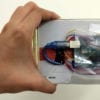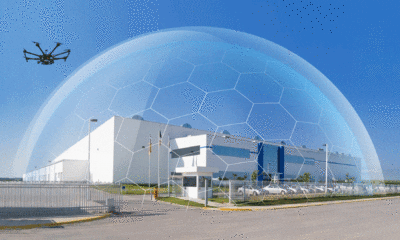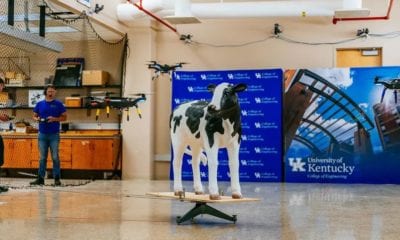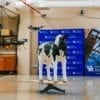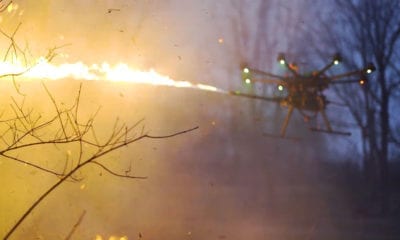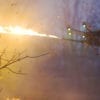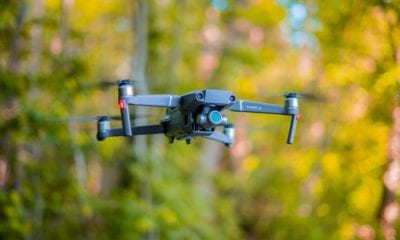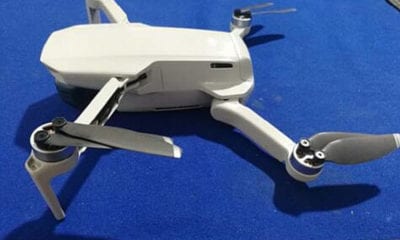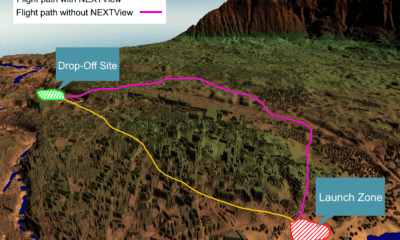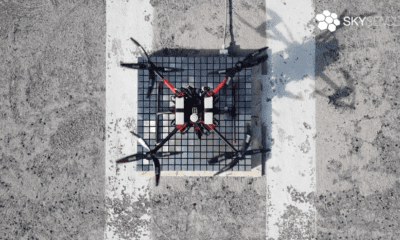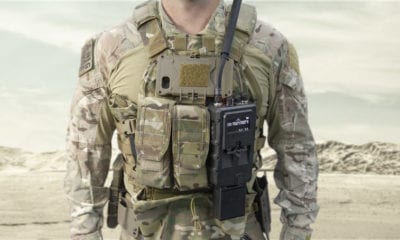News
Airbus & Facebook’s High Altitude Drone Crashes in Australian Outback
The West Australian on Wednesday 10 April 2019 carried reports that Facebook’s drone trial at Kimberley had met with an unexpected setback when it crashed during testing . The drone was part of an initiative dedicated to helping the social media giant become a global internet service provider, and was supposed to demonstrate Facebook’s High Altitude Pseudo-Satellite (HAPS) communications capabilities as a way to deliver internet services to remote communities. This setback comes ahead of a meeting in Egypt scheduled for later this year, where major companies will be vying for control of the wireless spectrum, as 5G mobile networking rolls out.
It was in the middle of 2018 that the aerospace giant Airbus had chosen a remote outback airport in Western Australia as the first location from which to operate its Zephyr HAPS unmanned aerial system.
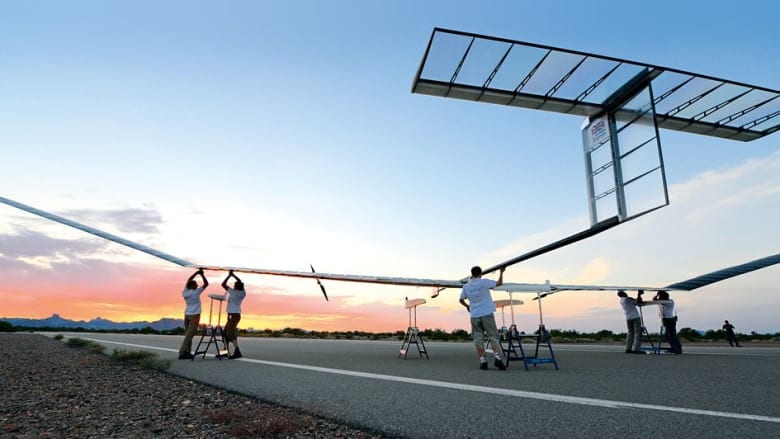
Airbus’ Zephyr solar-powered unmanned aircraft launched from Wyndham airfield | Airbus
The solar cell powered Zephyr HAPS is made of lightweight composites can fly above commercial airspace at 65,000 feet (20km) for months at a time and had made a world record for uninterrupted solar flight. The aim was to provide a range of earth observation services and communications connectivity for people in remote areas, including for civil, military or humanitarian purposes.
Western Australian Premier Mark McGowan had said, “Our local economy will benefit from this decision, with up to 20 Airbus staff also earmarked to be based in the local area during operational phases,” adding, “the choice of Wyndham due to the largely unrestricted airspace and reliable weather, together with the strong support provided by the Western Australian Government, provides both a job creation opportunity in the east Kimberley and a technology advancement opportunity for Western Australia, and Australia, more generally.”
Falling in the military-grade surveillance category the Airbus Zephyr drone is understood to be 25m wide and has the capacity to fly in the stratosphere for weeks. The craft was expected to start a secretive, one-month flight mission on April 1, but reportedly crashed at take-off.
Spokespeople for Facebook, Airbus and the Australian Transport Safety Bureau were approached for comment by The Australian but remained unavailable for comment about the crash.
Facebook is facing ire already for the blame that it aided in the spread of hate speech and disseminating propaganda overseas. So its intent to connect the “next billion” internet users is under fire though the social media platform seems to be coping with the backlash.

